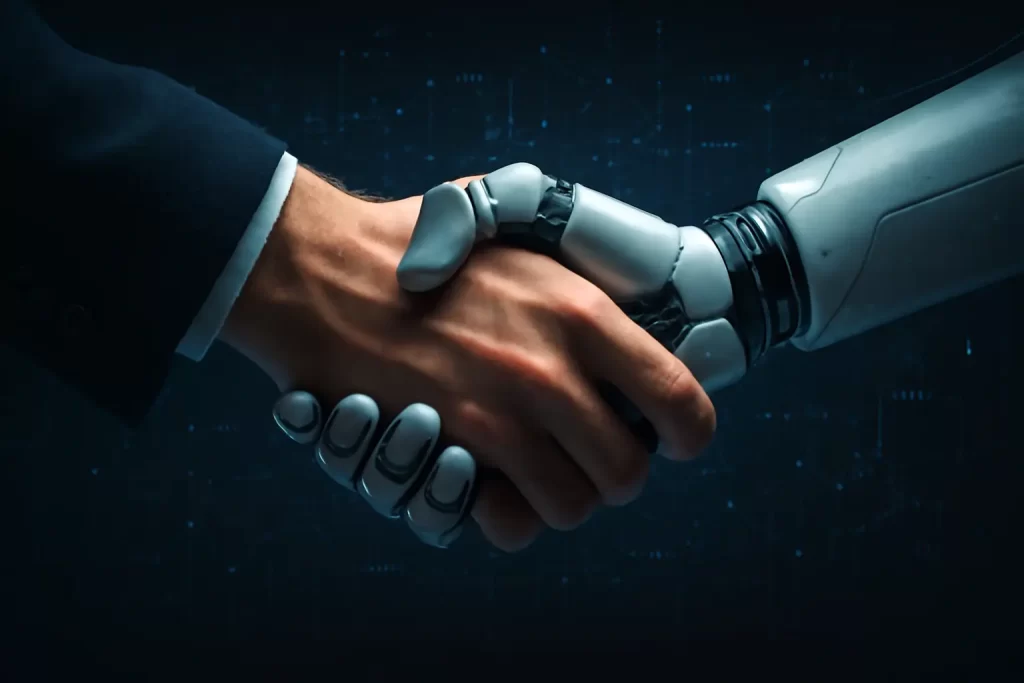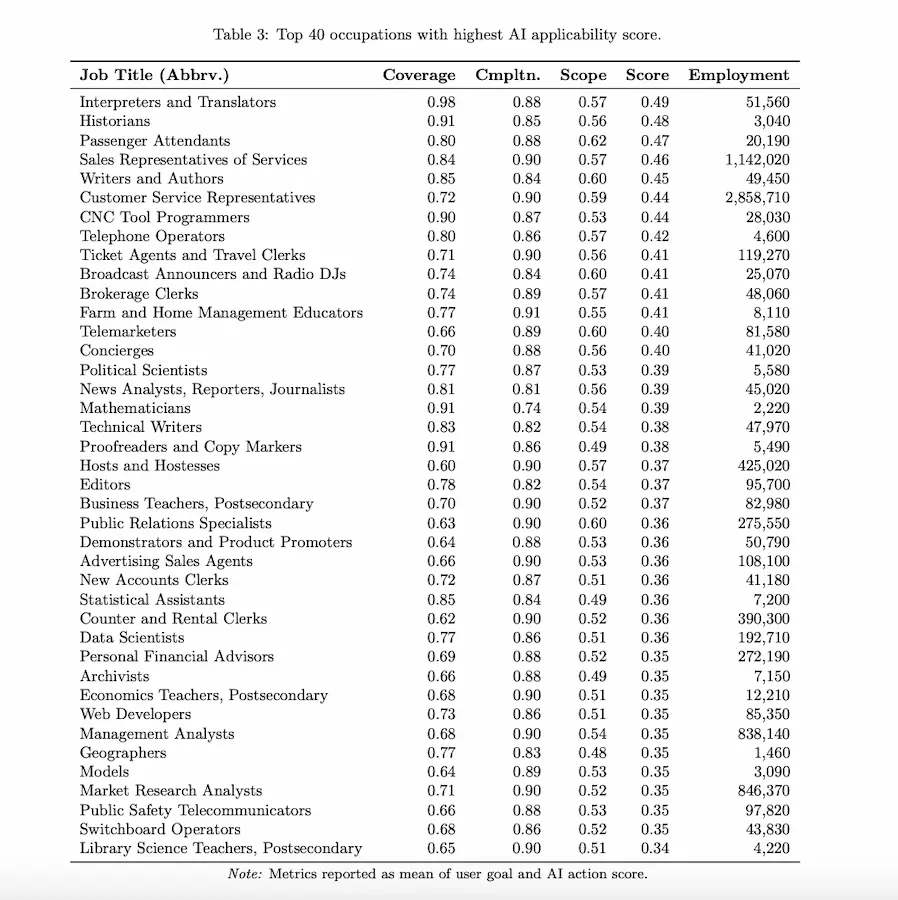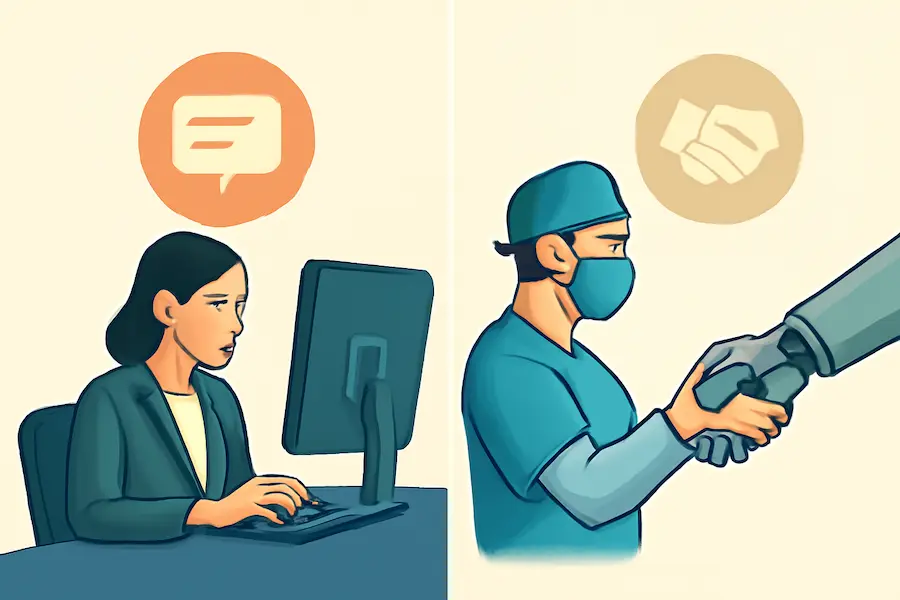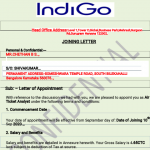
Generative AI is reshaping roles in communication-intensive fields more profoundly than in hands-on professions.
When Alice, a veteran enterprise sales executive, logs into her CRM, she finds Copilot drafting outreach emails, summarizing client data, and even auto-generating proposals. Meanwhile, Dr. Nguyen spends four hours in the OR performing complex neurosurgery that demands split-second judgment and hands-on precision.
Intuitively, one would expect generative AI to first threaten surgery, not sales. Yet, real-world usage data from Microsoft Copilot tells a different story.
Sales Roles: Front and Center for AI Impact
A comprehensive analysis of 200,000 anonymized Copilot conversations from January–September 2024 shows that sales and related occupations have the highest AI applicability score, with an average of 0.32—outpacing surgeons, whose applicability scores hover near zero. These scores reflect how often Copilot assists or performs core work activities successfully and at meaningful scope.
Sales representatives routinely ask Copilot to:
Gather and synthesize information on prospects
Draft personalized outreach and follow-up messages
Prepare briefing materials and proposal drafts
These activities not only occur most frequently in Copilot usage but also receive the highest user satisfaction and task-completion rates.

Voices from Industry Leaders
Marc Benioff, CEO of Salesforce:
“A majority of customer service requests are being resolved by our AI agents,” Benioff confirmed, “and we now resolve 85% of customer-service interactions with AI alone.”Dan Shapero, COO of LinkedIn:
“My recommendation for business leaders is to become familiar with the technology and actively use it,” he told Business Insider. “It’s very likely your CEO or board will ask how you’re integrating AI into operations.”Harvard professor Karim Lakhani:
“AI is shifting from being just a tool to becoming a teammate,” Lakhani explained on Microsoft’s WorkLab podcast, “driving the marginal cost of expertise toward zero.”Bill Gates, co-founder of Microsoft:
“Over the next decade, intelligence will no longer be a rare thing—it will become free and commonplace. Humans won’t be needed for most things,” Gates stated in a CNBC interview.
Why Surgeons Are Less Exposed
Surgical work—requiring real-time tactile feedback, complex manual dexterity, and dynamic problem-solving in unpredictable environments—shows less than 5% overlap with current AI capabilities. Surgeons remain far less “applicable” for Copilot assistance or automation, as the technology excels at processing information and generating communication rather than physical intervention.

The Road Ahead
This paradigm shift calls for rapid adaptation:
Sales and customer-service professionals must embrace AI to handle routine information tasks.
Human expertise will focus on high-value judgment, relationship building, and complex negotiation.
Leaders should personally use AI tools to stay competitive and guide ethical, strategic deployment.
The AI-powered workforce isn’t about humans versus machines—it’s about humans with machines versus humans without them. Those who master this collaboration will define the future of work.



